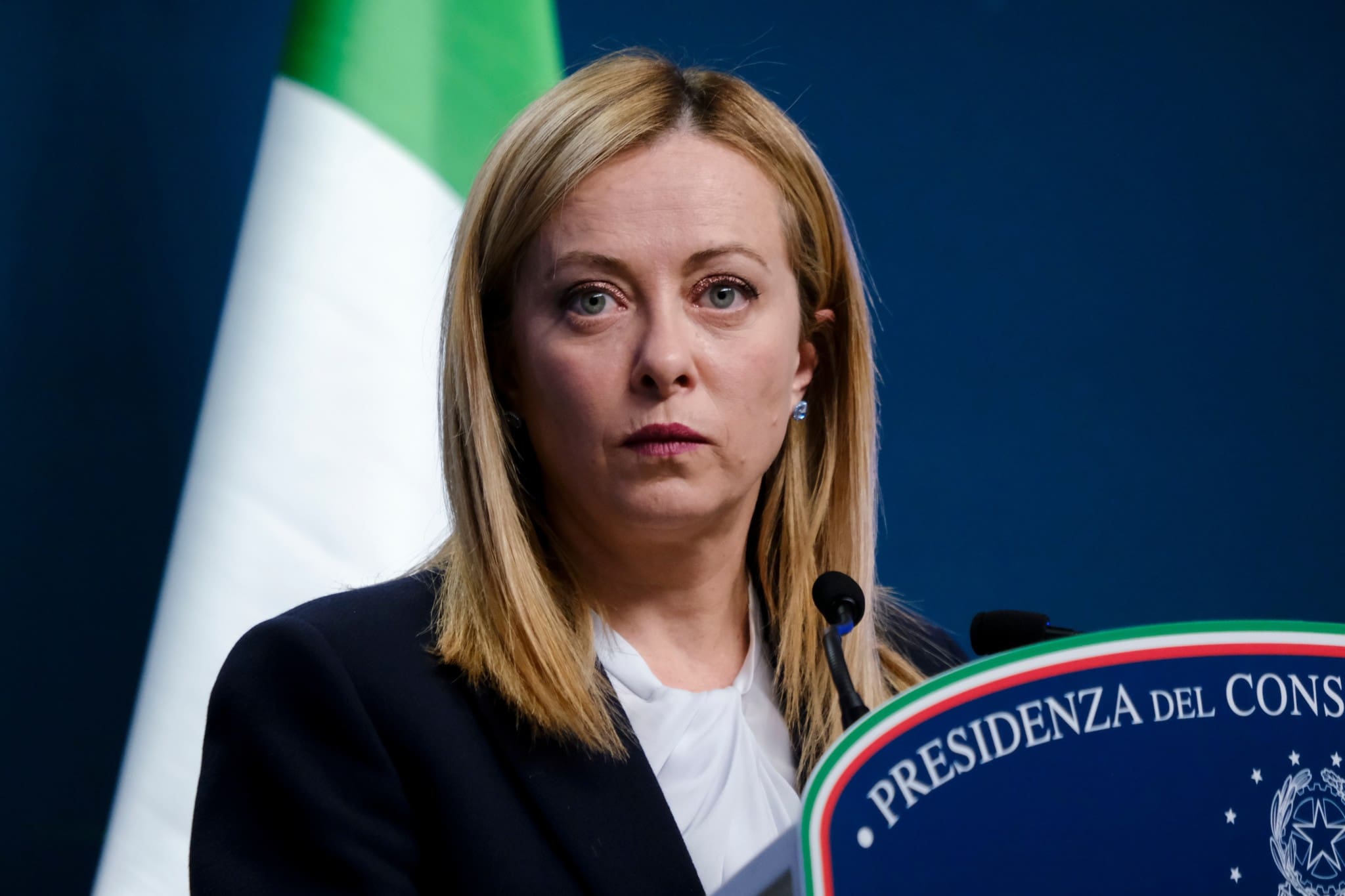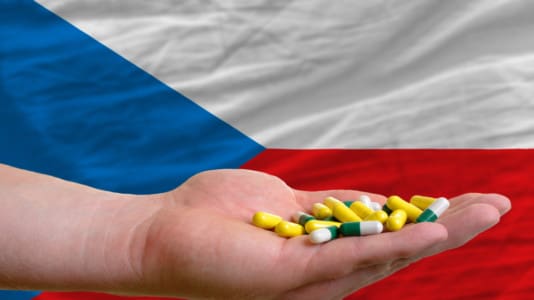The latest outrage by the Italian government over German financing of NGO rescue vessels facilitating illegal immigration in the Mediterranean may be an attempt by Italian Prime Minister Giorgia Meloni to find a scapegoat for her own failings to adequately tackle the increasingly dire situation at Italy’s southern border, it has been suggested.
Virginia Kirst, a correspondent for the Die Welt newspaper in Rome, has questioned what is really behind the recent anger from Meloni at Berlin, following the penning of a letter to Chancellor Olaf Scholz in which Meloni accuses her German counterpart of exacerbating the migrant crisis at Europe’s external frontier.
Rome’s wrath comes after the German foreign ministry last week approved grants totaling around €2 million to pro-migration organizations with connections to humanitarian rescue vessels currently operating in the Mediterranean.
However, the grants weren’t exactly news to the Italian government. The country’s pro-Meloni newspaper La Repubblica even admitted that Berlin had informed Rome of its plans and had even provided a lump sum for the Community of Sant’Egidio, a Catholic association in Italy.
Kirst suggests, therefore, that Meloni’s outrage may be more a political move in order to shine the spotlight on others seemingly fuelling the migration crisis she vowed to solve ahead of her electoral victory this time last year.
“Meloni’s letter suggests that the attack is more likely to be a search for a scapegoat for the high number of migrants arriving in Italy, which the head of government would like to present to her voters,” the Die Welt correspondent states.
[pp id=93415]
She highlights what she describes as two inaccurate statements within Meloni’s letter to substantiate her point. First, the Italian prime minister reiterated the claim that should Germany wish to care for migrants they should do so “primarily on German territory and not in Italy.”
Kirst notes that Germany receives significantly more asylum applications than Italy every year and argues that to “pretend that Germany is using NGO funding to outsource the care of migrants to Italy is wrong and populist.”
A total of 244,000 asylum applications have been filed in Germany so far this year, three times as many as in Italy and the most across the European Union, disregarding Ukrainian refugees who come to Europe under a separate system.
“Secondly, Meloni writes that it is known that the presence of NGO ships leads to a ‘multiplication’ of migrant boat departures, ‘which not only creates a further burden for Italy, but at the same time increases the risk of new tragedies at sea,'” states Kirst.
[pp id=92862]
The Die Welt journalist argues that this claim has been refuted several times by studies and suggests that weather conditions and the political situation in the countries of departure have more bearing on the number of new arrivals.
This may be true to some extent, but this is, in Meloni’s defense, a contentious point.
An annual report by Italy’s intelligence services to the parliament in Rome in February stated that rescue vessels are an undeniable pull factor for migrants seeking to make the perilous journey to Europe, as well as for traffickers able to skimp on the quality of their operations knowing the boats will likely be picked up along their way to the Italian coast.
It accused NGOs of providing “a logistical advantage for the criminal organizations that manage migrant trafficking, allowing them to adapt their modus operandi according to the possibility of reducing the quality of the vessels used, correspondingly increasing illicit profits and exposing the people on board to a more concrete risk of shipwreck.”
Nonetheless, Kirst claimed that Germany’s recent suspension of the Voluntary Solidarity Mechanism, which would see Berlin commit to accepting 3,500 migrants from Italy, as one reason for Meloni’s outburst.
“On the other hand, the attack shows that the Italian head of government is coming under increasing pressure domestically: In the election campaign she ran as a hardliner who wanted to ‘fight illegal migration hard.’ But since she took office, arrivals on Italian shores have doubled,” she noted.
She highlighted the restrictions imposed by Meloni’s government against NGOs, including the one-rescue limit placed on boats before they must return to port, as evidence that the presence of NGO ships is not having any influence on the number of departures, given the fact that arrivals have increased significantly in the past twelve months.
And thus, it is suggested that Meloni is desperately now seeking new “culprits” for her own failure to tackle the situation as dissent grows across the country due to the government’s handling of the crisis.
“In the past few days, (Meloni) has attacked France for introducing border controls with Italy in order to intercept irregular migrants. And now it’s Germany’s turn, the country that Meloni has actually been friendly with since she took office. But in the run-up to the EU elections, she must now ensure that she is once again perceived as a hardliner who loudly represents Italy’s supposed interests in important EU countries such as Germany and France,” Kirst concluded.






